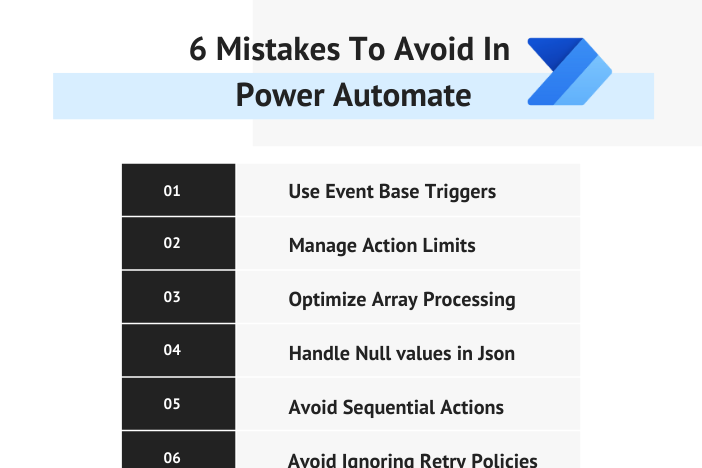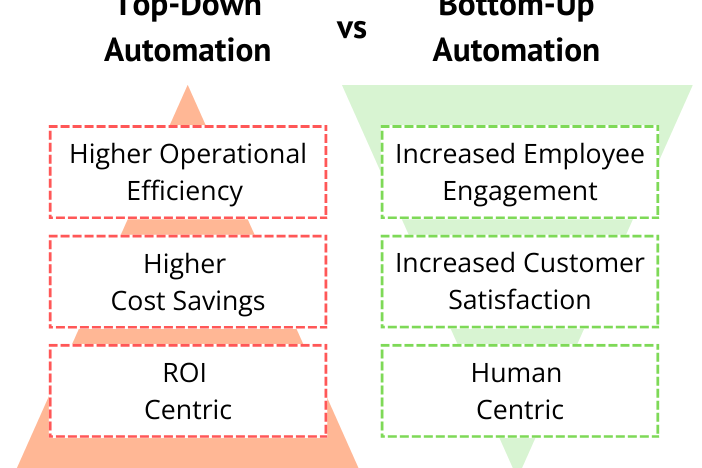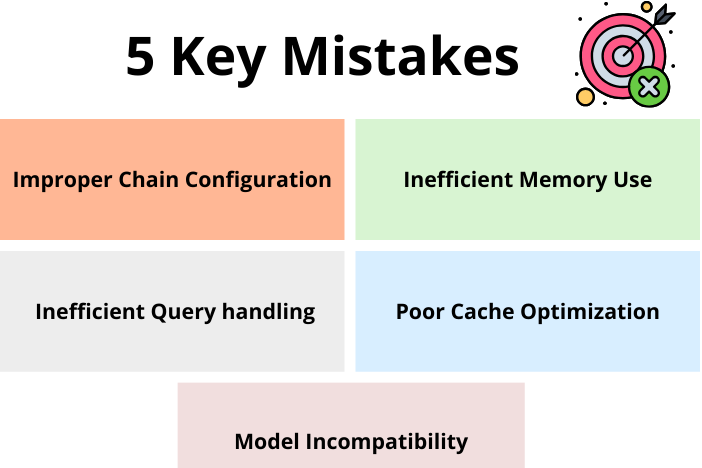As businesses strive to measure and track their performance, Key Performance Indicators (KPIs) have become increasingly popular in recent years. However, developing effective KPIs is not as simple as choosing a few metrics to monitor.
With this in mind, we will dive into what KPIs are, their common misconceptions, and the characteristics of effective KPIs.
KPIs: A Performance Measurement Tool
KPIs are a performance measurement tool used to track progress towards a specific goal or objective. They help businesses identify areas that
- Require improvement,
- Monitor progress, and
- Understand whether they are on track to achieve their strategic goals.
Watch our 2 min Chalk Talk video for great insights into the impact of effective KPIs on businesses!
Quantifiability: A Key Characteristic
One of the key characteristics of effective KPIs is that they should be quantifiable. KPIs should be measurable, represented by a number that can be tracked. For example, increasing customer happiness by 10%. This quantifiability helps to provide a clear definition of success or failure, making it easier for businesses to take action.
Relevance to Strategic Goals
In addition, effective KPIs should be relevant and align with and support the strategic goals of the business. If a company is focused on social change rather than profit, traditional indicators like revenue may not be relevant.

Actionability: Driving Business Results
Another crucial characteristic to consider when defining KPIs is that they must be actionable. KPIs should be directly tied to business actions and results. It’s essential for businesses to take action to impact the chosen indicators and improve performance. When businesses select actionable KPIs and monitor them in real-time, they can take swift corrective actions and improve productivity.
Avoiding KPI Overload
Lastly, businesses must avoid having too many KPIs, which may dilute focus and effectiveness. It’s recommended to select a focused set of key indicators that directly align with business strategic objectives. Therefore, it’s crucial to prioritize KPIs based on their relevance to the business goals and the ability to deliver actionable insights that can drive effective business performance.
Conclusion
Prioritizing Success through Effective KPIs
To summarize, effective KPIs are essential to businesses as they provide clear indicators of success. Developing effective KPIs involves choosing quantifiable, relevant, and actionable metrics that support the business’s strategic goals. Avoiding KPI overload ensures a more focused and impactful approach.
The key takeaway is that effective KPIs are not only measurable but also strategically aligned and actionable, contributing meaningfully to the success of the business. As such, businesses should prioritize the development of effective KPIs to support performance tracking and ensure their long-term success.
Experts from Sunflower Lab are always pleased to hear from you regarding your doubts and concerns about digital product development
You might also like
Stay ahead in tech with Sunflower Lab’s curated blogs, sorted by technology type. From AI to Digital Products, explore cutting-edge developments in our insightful, categorized collection. Dive in and stay informed about the ever-evolving digital landscape with Sunflower Lab.









